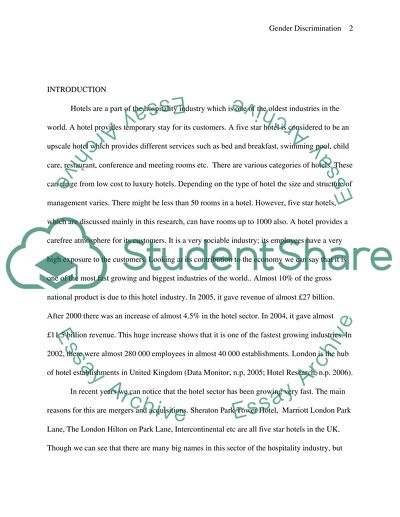Cite this document
(“Gender Discrimination in Five Star Hotels Essay”, n.d.)
Retrieved from https://studentshare.org/gender-sexual-studies/1543980-gender-discrimination-in-five-star-hotels
Retrieved from https://studentshare.org/gender-sexual-studies/1543980-gender-discrimination-in-five-star-hotels
(Gender Discrimination in Five Star Hotels Essay)
https://studentshare.org/gender-sexual-studies/1543980-gender-discrimination-in-five-star-hotels.
https://studentshare.org/gender-sexual-studies/1543980-gender-discrimination-in-five-star-hotels.
“Gender Discrimination in Five Star Hotels Essay”, n.d. https://studentshare.org/gender-sexual-studies/1543980-gender-discrimination-in-five-star-hotels.


